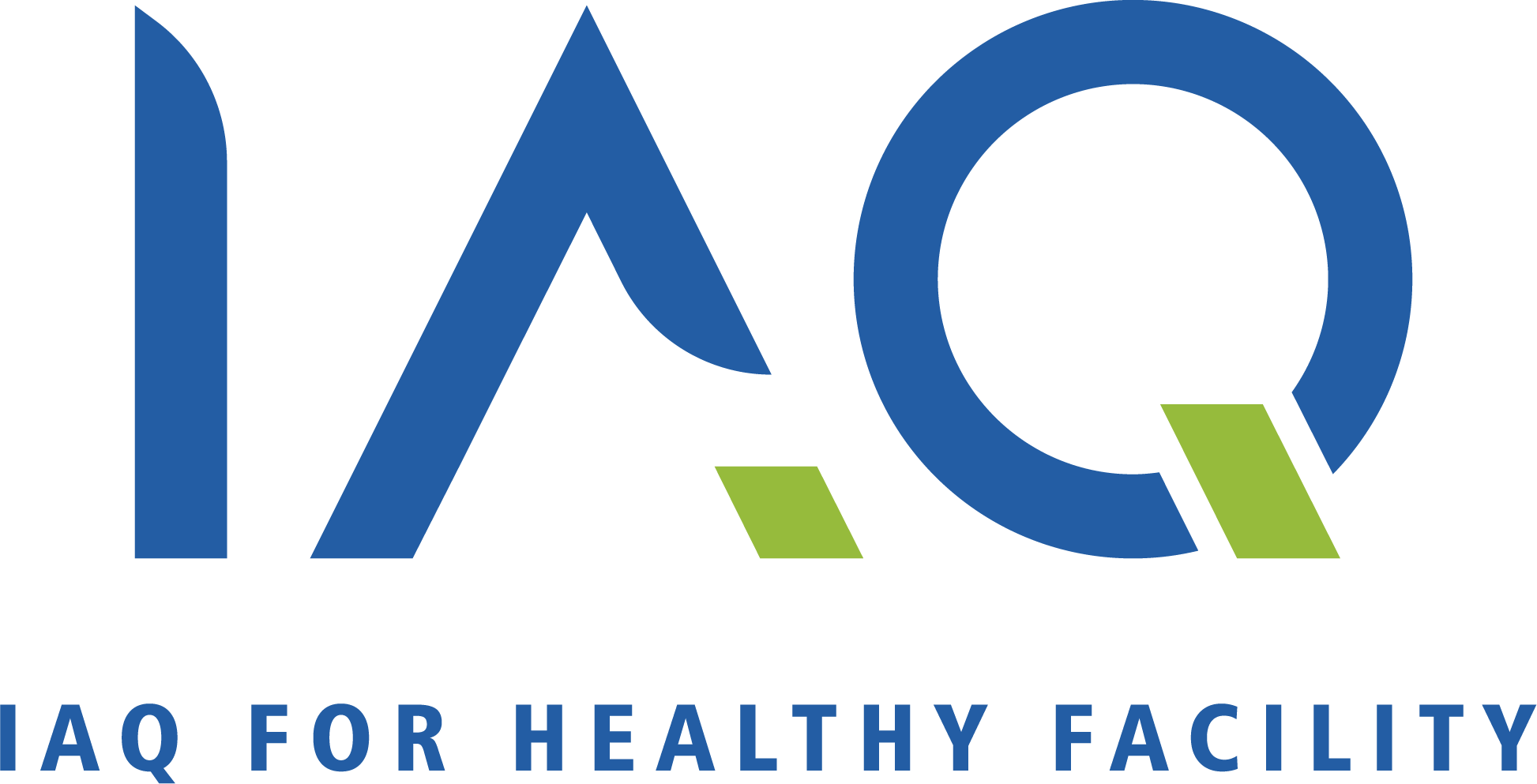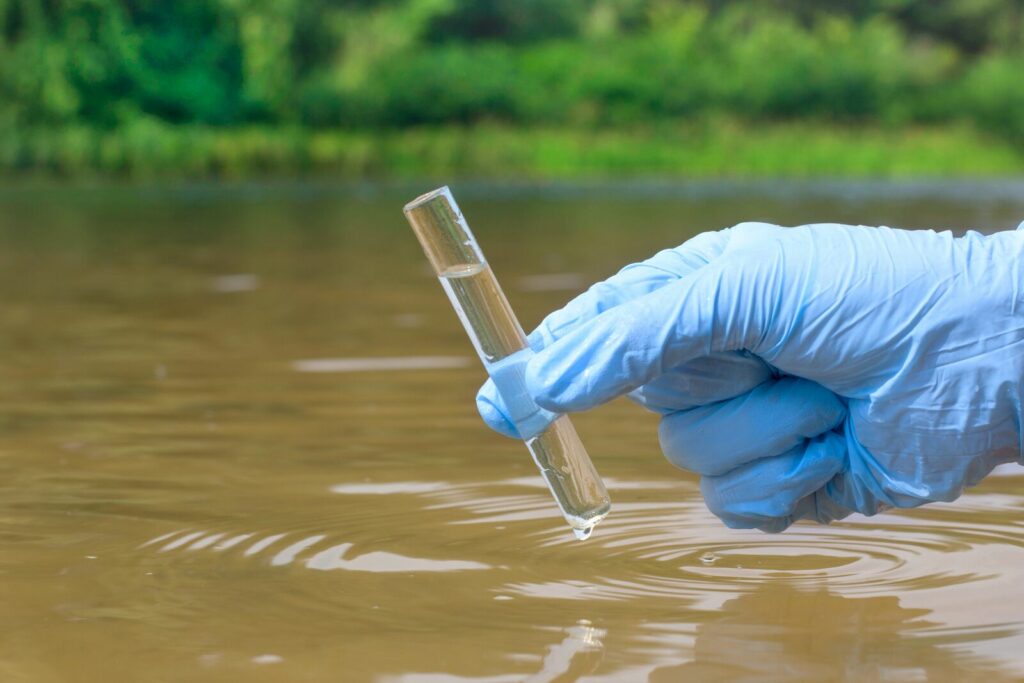Water quality testing is an important process that entails analysing water samples to determine their physical, chemical, and biological properties. Water quality testing is necessary for a variety of reasons, including public health and safety, environmental protection, and regulatory compliance. In this blog, we’ll look at the significance of water quality testing and why it’s important for the safety and well-being of people and the environment.
Public Safety and Health
Water testing is critical for public health and safety. Drinking contaminated water can cause serious health issues such as gastrointestinal illnesses, hepatitis, and cholera. Water quality testing ensures that it is safe for human consumption and lowers the risk of waterborne illness. Water quality testing is critical for individuals and communities because public water supplies are regularly tested for contaminants, but private wells and other sources of water are not.
Environmental Protection
Water quality testing is critical for environmental protection. Water pollution can endanger aquatic life, disrupt ecosystems, and pollute natural resources. Water quality testing can assist in identifying sources of contamination and preventing further environmental damage. It can also help ensure the safety of water for recreational activities like swimming and fishing, lowering the risk of illness or injury.
Compliance of Regulations
Water quality testing is required to comply with federal and state regulations. These regulations establish limits for contaminants and other parameters to ensure that drinking water is safe for humans and the environment. Compliance with these regulations is critical in order to avoid fines and penalties and to protect water resources.
Early Detection of Issues
Regular water quality testing can assist in identifying issues before they become major issues. Water quality monitoring can assist in detecting changes in water quality and identifying potential sources of contamination. Early detection of problems can aid in the prevention of widespread contamination and the protection of public health and the environment.
Improved Water Treatment
Water quality testing can help improve water treatment. Water quality testing can help identify the types and levels of contaminants present in the water, allowing treatment facilities to adjust treatment processes to effectively remove these contaminants. Improved water treatment can lead to safer drinking water and better environmental protection.
Conclusion
Finally, water quality testing is critical for public health and safety, environmental protection, regulatory compliance, early detection of issues, and improved water treatment. Water quality testing on a regular basis ensures that water resources are safe and protected, lowering the risk of waterborne illnesses and environmental damage. Prioritizing water quality testing is necessary to ensure the safety and well-being of individuals and the environment.




